On May 20, 2020, Grand Challenges Explorations grants were announced for 11 researchers from 3 different countries around the world. Each will receive US$100,000 to conduct early-stage research projects focusing on one global health and development challenge selected for this Round.
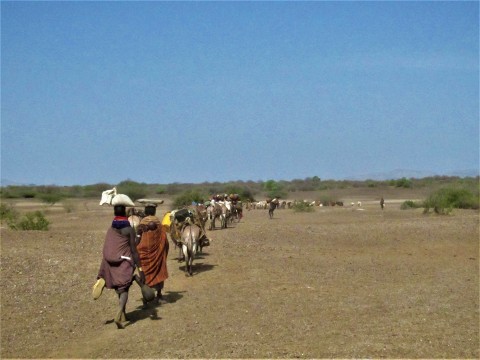
Hannah Wild of Stanford University in the U.S. will develop a modelling-based approach that uses remote sensing and geospatial analysis to include neglected and high-risk nomadic populations in health databases and for campaign planning.
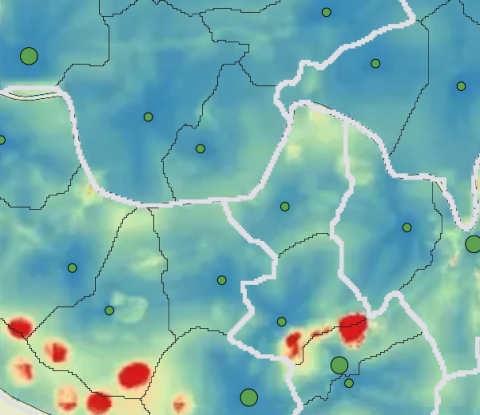
Coite Manuel of Food Chain LLC in the U.S. will develop a web-based tool that takes existing road network and population data for any country, divides it into regions, and identifies the closest health facility based on type and time of travel to improve health campaign planning and better monitor population health.
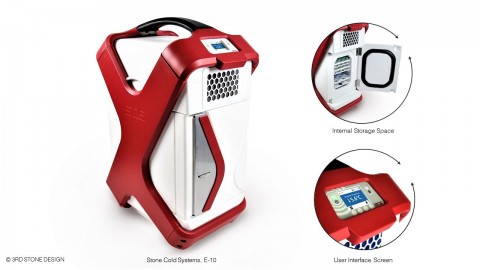
Robert Miros of 3rd Stone Design, Inc. in the U.S. will adapt their portable vaccine refrigerator, which is battery powered and can be monitored remotely, to maximize the charge life so that it can support vaccination campaigns in low- and middle-income countries.
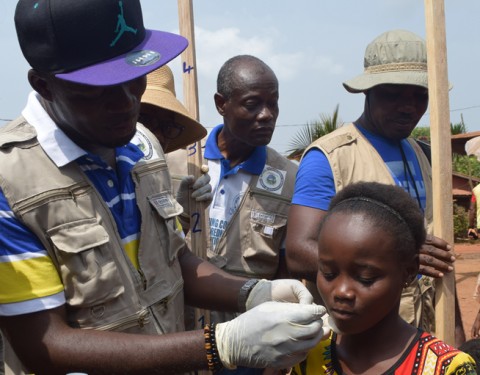
Mosokah Fallah of the National Public Health Institute of Liberia will provide health campaign staff with activity tracking devices and movement-based bonuses to encourage more accurate reporting of coverage to improve impact.
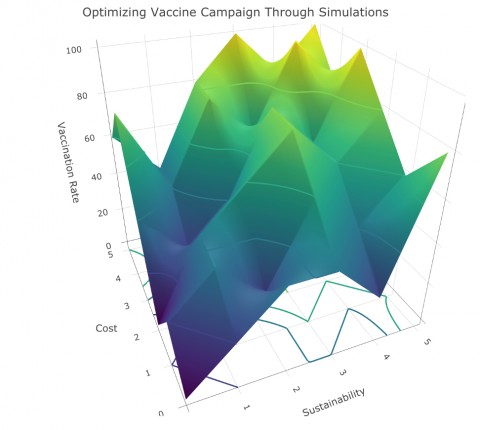
Qingfeng Li of Johns Hopkins Bloomberg School of Public Health in the U.S. will develop a computational simulation tool to optimize the design of health campaigns in low-income settings.
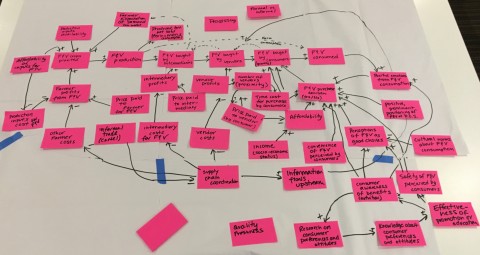
Laura Smith of Research Foundation for the State University of New York in the U.S. will develop a decision-making tool that can plan more effective health campaigns in low- and middle-income countries by considering any competing interests of stakeholders.

Pascal Geldsetzer of Stanford University in the U.S. will develop a computational tool to support health campaigns in low- and middle-income countries that can predict the number and location of the people that need targeting.
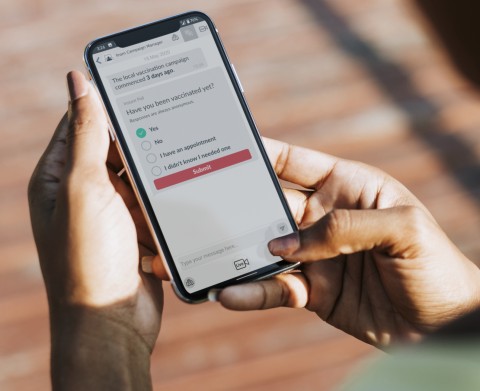
David Hammel of Balcony Labs Inc. in the U.S. together with their partner Direct-Relief will develop a communication tool that combines smartphone messaging with geographical information systems to enable health campaign managers to communicate directly with health workers and civilians in a specific region of interest to improve the impact of their campaigns.